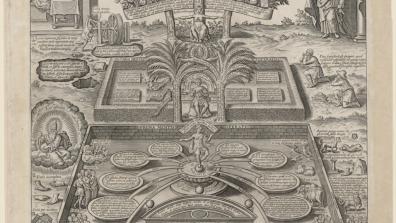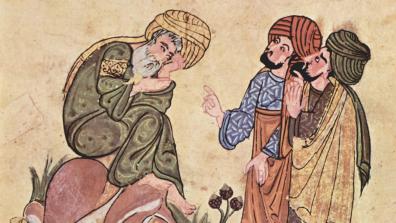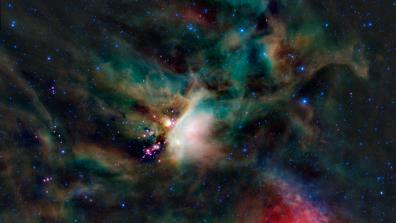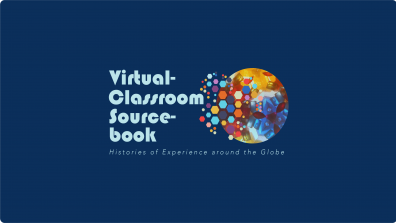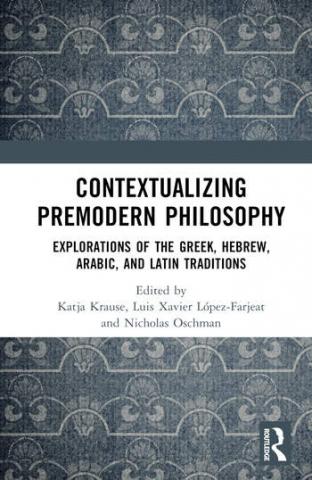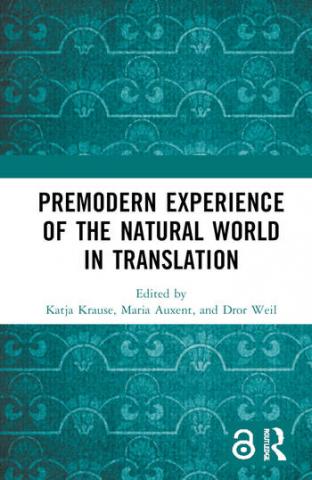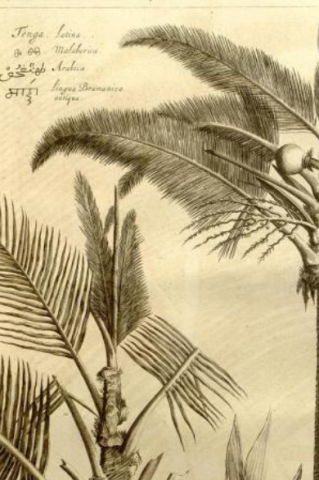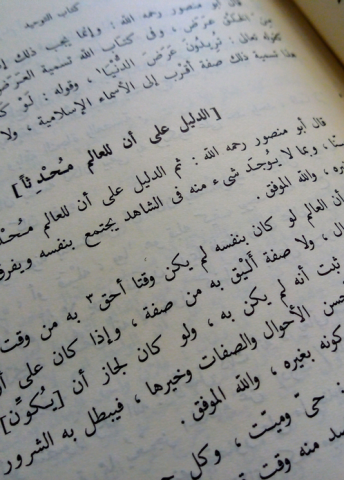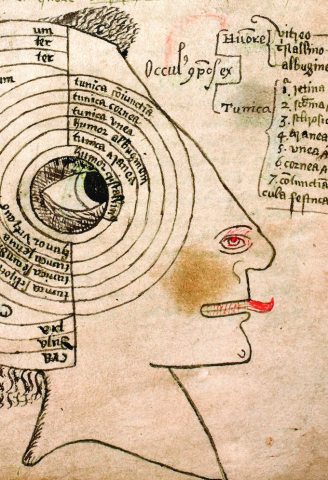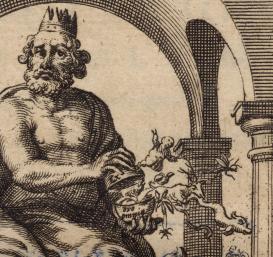
William Harvey, Exercitationes de generatione animalium. Quibus accedunt quaedam de partu: de membranis ac humoribis uteri: et de conceptione, Amstelodami: Lud. Elzevir 1651, frontispiece.
Experience in the Premodern Sciences of Soul & Body ca. 800–1650
Research Group Leader Katja Krause
T +49 30 200 549 107
Anina Woischnig
Between ca. 800 and 1650, the Aristotelian sciences of soul and body and Galenic-Avicennian medicine spread from the Islamic World to Europe, on to the Americas, and to East Asia. Most histories suggest that the empirical method, encapsulated in the terms “experiment” and “observation,” began later, in the early modern period. The Max Planck Research Group “Experience in the Premodern Sciences of Soul and Body” reconsiders the conventional assumption that experience played a minimal role in premodern natural knowledge-making by studying experience in the sciences concerned with plant, animal, and human life. Our objective is to reveal the ideals and practices associated with premodern experience, and the material artifacts, cultural conditions, and circulation processes that informed and transformed those ideals and practices.
We ask how experience factors into the rich epistemological debates of the historical actors in the period we study. What was the epistemic role assigned to experience in the Aristotelian life sciences and Galenic-Avicennian medicine that allowed premodern scientists to rely on it as a scientific method? To what extent did the uses of experience in these different life sciences converge with or diverge from local knowledge traditions, and why? What was the epistemic foundation of experience: the mind or the world? How did these foundations shift or vanish with changing disciplinary ideals (e.g., from natural philosophies to natural histories), the rise of skepticism, unreliable sources, humanism, and rival local epistemologies?

